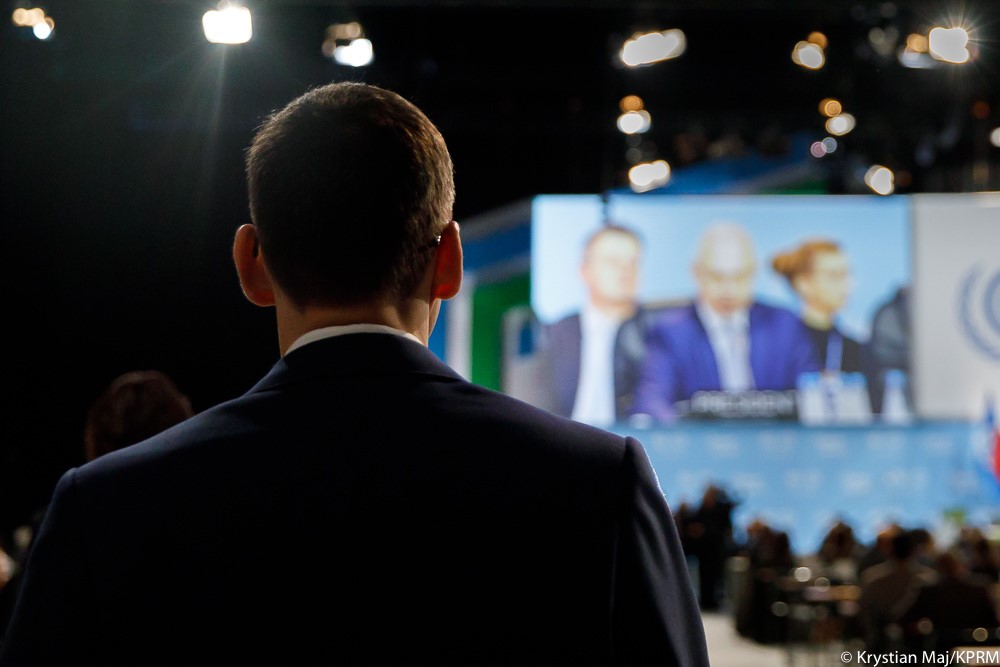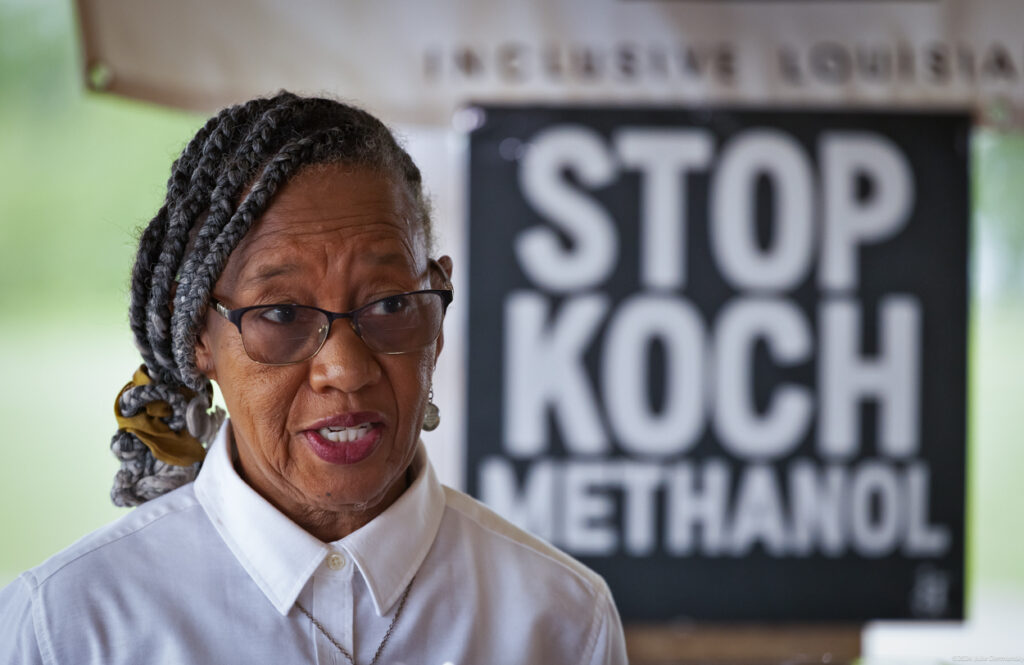Dozens of delegates from four countries that forced the UN climate negotiations to weaken language around the acceptance of a major climate science report have ties to the oil, gas and mining industries.
At least 35 delegates from Saudi Arabia, Kuwait, Russia and the US are either currently employed or used to work for companies and organisations involved in the petrochemical and mining industries or lobbying on behalf of those industries.
On Saturday, the United Nations Framework Convention on Climate Change (UNFCCC) “noted” the findings of the Intergovernmental Panel on Climate Change’s (IPCC) landmark 1.5 degrees report at the annual talks in Katowice, Poland. Poor and undeveloped countries, small island states, Europeans and many others called to change the wording to “welcome” the study, Climate Home reported.
The IPCC’s report, released in October 2018, warned that the world has 12 years to radically cut emissions to avoid catastrophic climate change. The report was commissioned by countries at the annual climate talks in Paris in 2015.
Of the 35 delegates DeSmog UK has identified with ties to the fossil fuel and mining industries, 12 are representing Saudi Arabia, and nine are representing Russia. NGO Climate Tracker previously identified 13 delegates representing Kuwait that worked for the fossil fuel industry.
Most of the Saudi Arabian delegates currently work for state oil and gas producer Saudi Aramco – reportedly the most profitable company in the world – including Khalid Al-Falih, Saudi Arabia’s Minister Energy, Industry and Natural Resources and chairman of Saudi Aramco. The company is estimated to be worth around $2 trillion.
Two of the Russian delegates at this year’s annual talks work for natural gas producer Gazprom, in which the Russian government holds the majority stake. Six delegates work for aluminium producer, Rusal. The Russian Minister of Natural Resources and Environment, who is listed as a delegate at the climate talks, worked for oil and gas company Purneftegazgeologiya between 1996 and 2001.
Many of the representatives for Kuwait on the list work for state-owned Kuwait Oil Company.
The one US delegate on the list, Kimberly Carnahan, previously worked for the International Emissions Trading Association (IETA), a corporate group that lobbies on behalf of major emitters at the talks.
‘Current Gaps’
The coalition of countries managed to block a change in the wording of the statement after hours of negotiations and failure to find a compromise. Saudi Arabia reportedly threatened to block and disrupt the full second weeks of the talks over the issue.
Saudi Arabia’s delegation clarified its position on Monday, stating in a press release:
“The Kingdom of Saudi Arabia recognizes the efforts of the IPCC in developing a comprehensive, neutral and non-policy prescriptive reports, including the 1.5°C Report.”
“We recognize that the current gaps, including the limited literature and scientific uncertainties in the 1.5°C Report, still require further research and analysis in order to address these gaps.”
Ayman Shasly, a senior negotiator for Saudi Arabia at the climate talks, defended the country’s position on the IPCC report in a long interview with Carbon Brief. He said:
“We’re saying we ‘noted’ it because noting it [means] you’re taking account of what the report is. You’re looking at it, you noted it. But you would not say things like, you ‘welcome’ it, you’re welcome to ‘appreciate’ it, because that [means] we are giving legitimacy to some scientific report, supposedly there’s a full-fledged scientific report that had its own issues of scientific gaps, knowledge gaps, and that was with the admission, with the exception of panel [inaudible], that this is an incomplete report.”
Shasly worked for Saudi Aramco in China.
Image: Kancelaria Premiera, Public Domain
Subscribe to our newsletter
Stay up to date with DeSmog news and alerts






